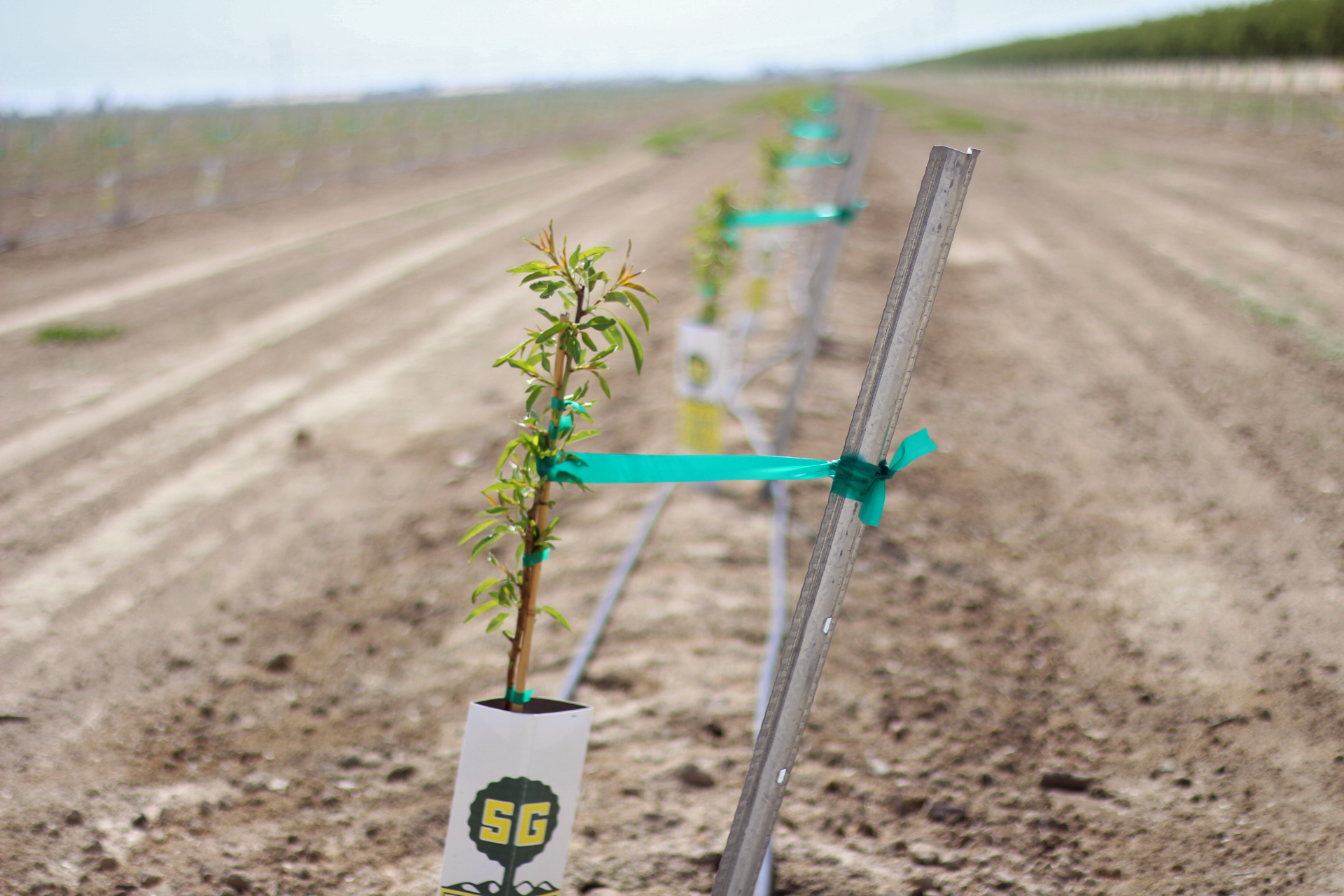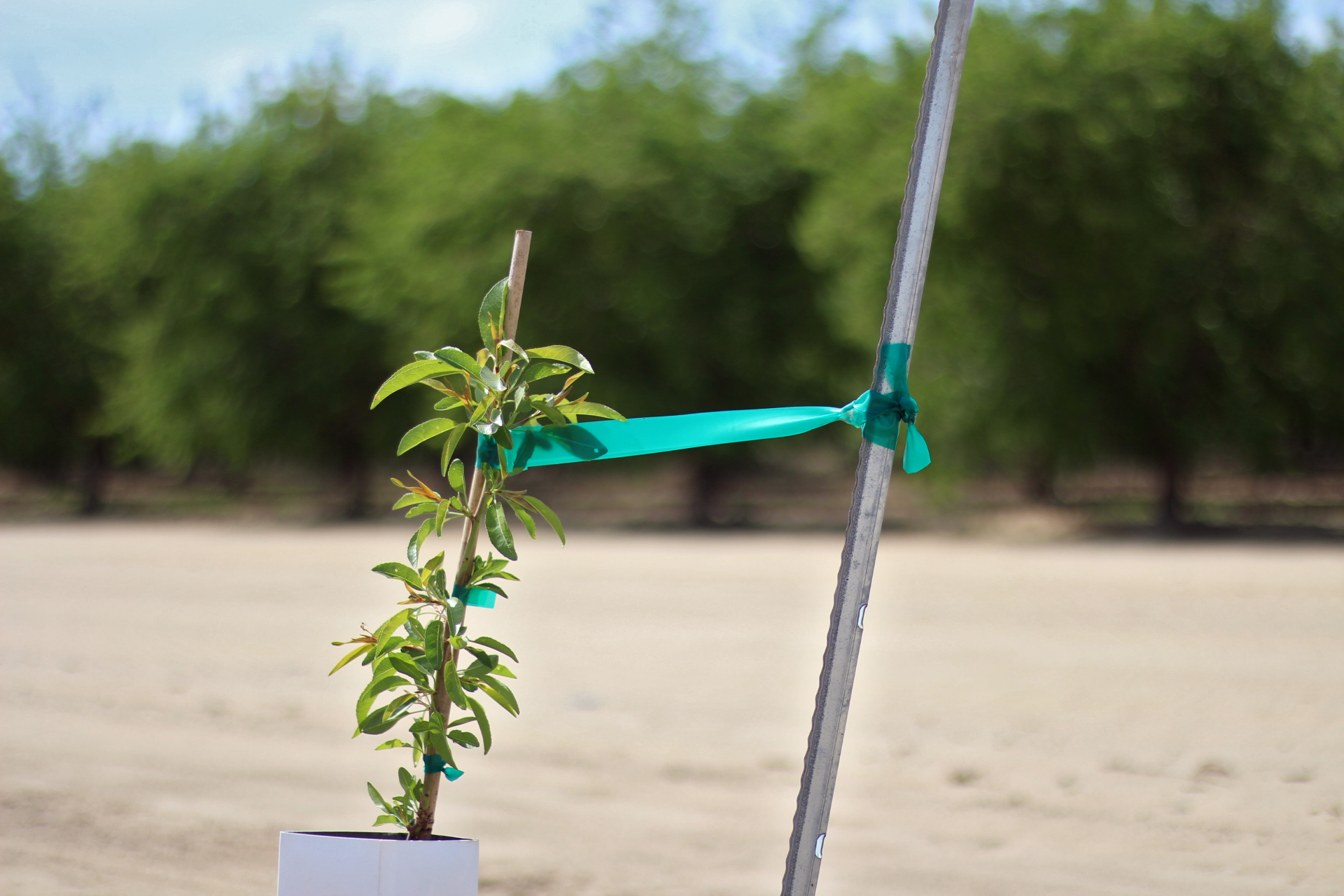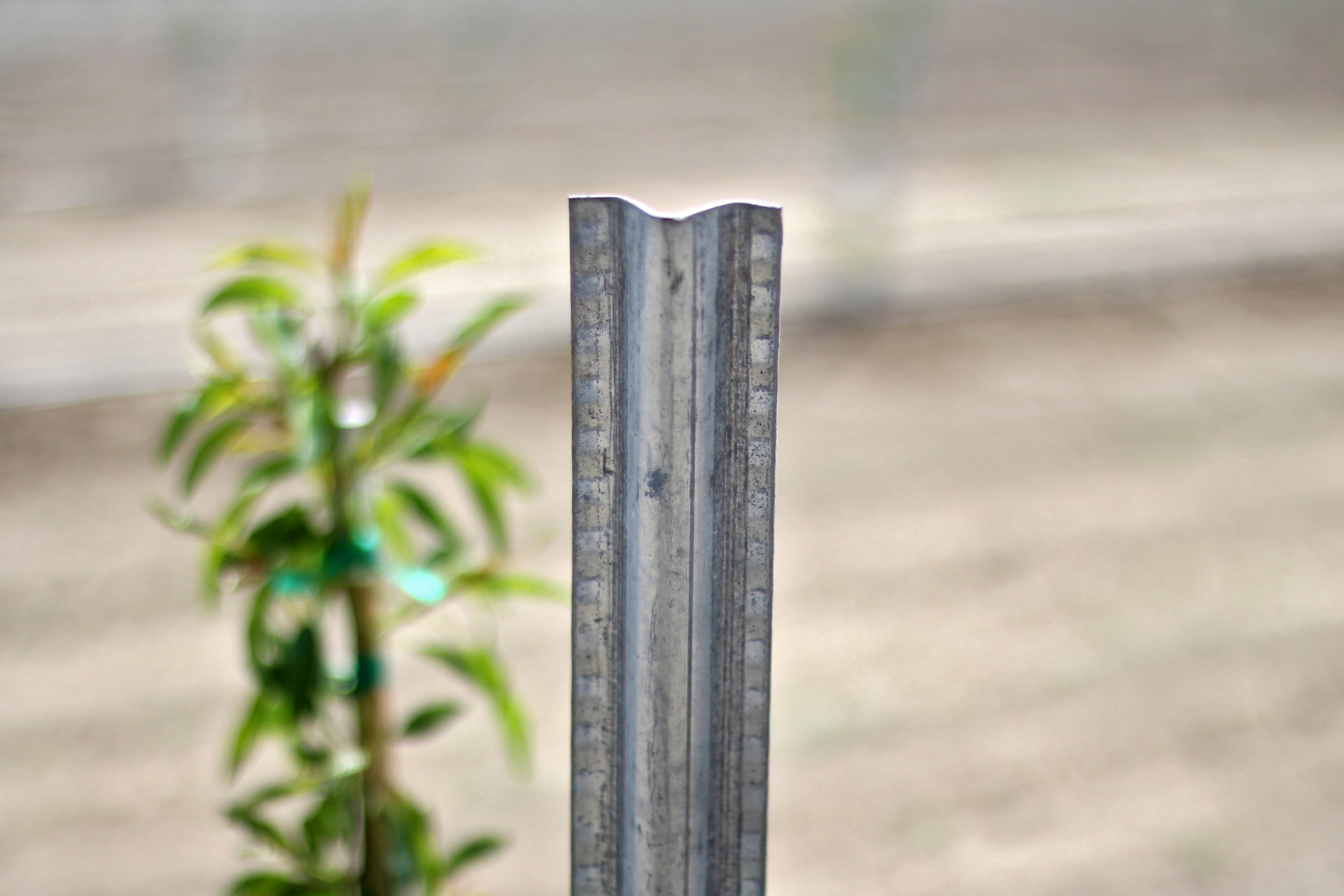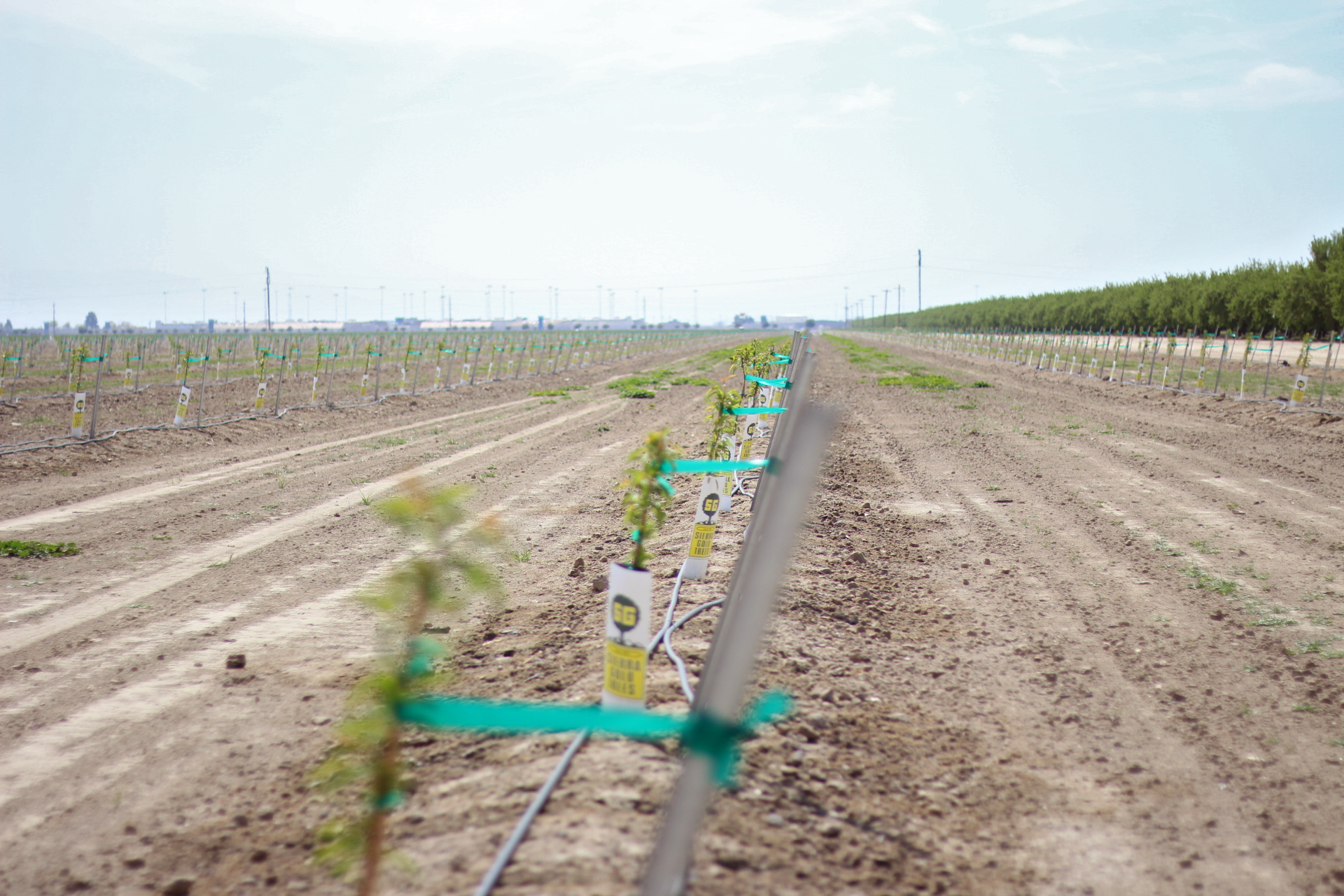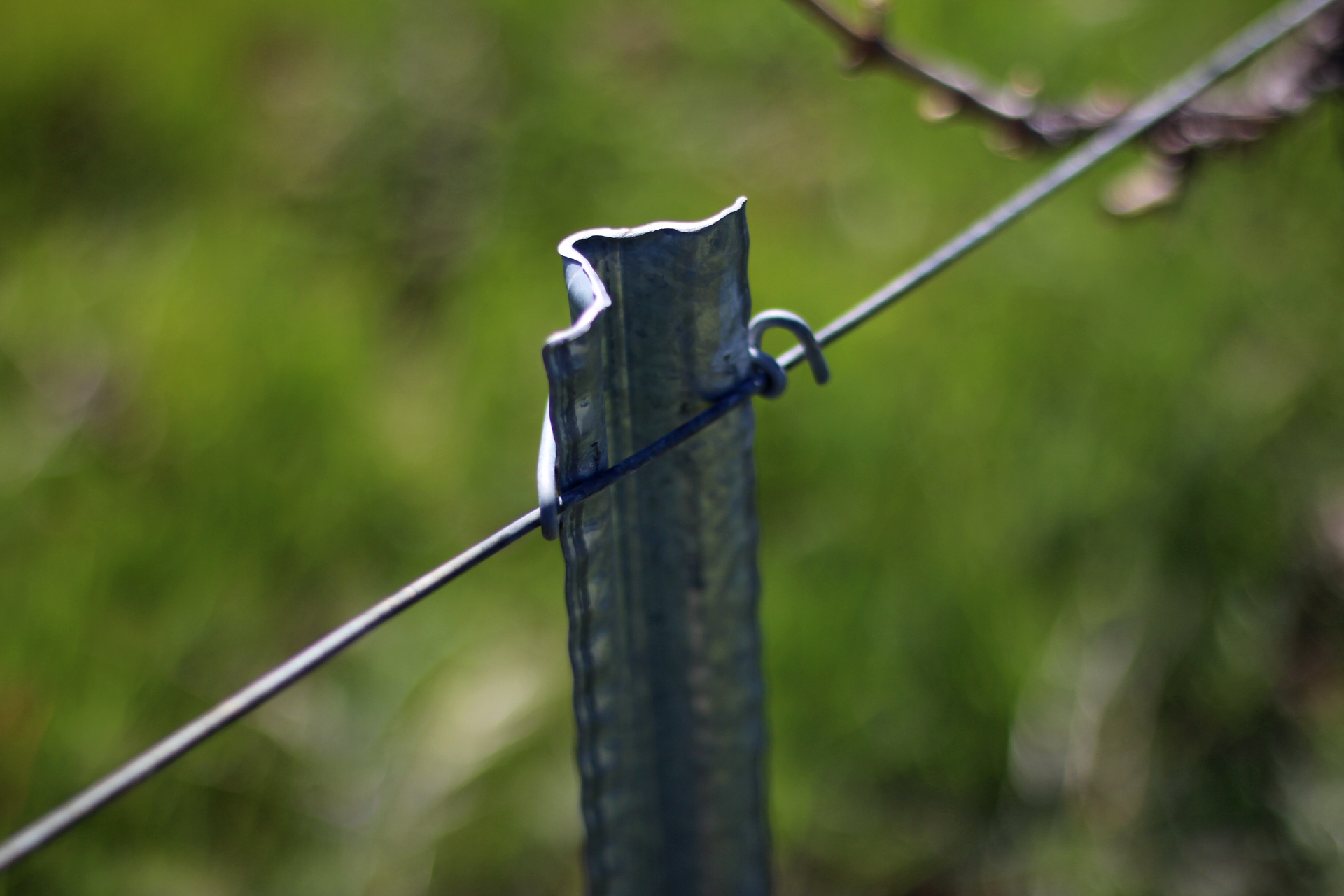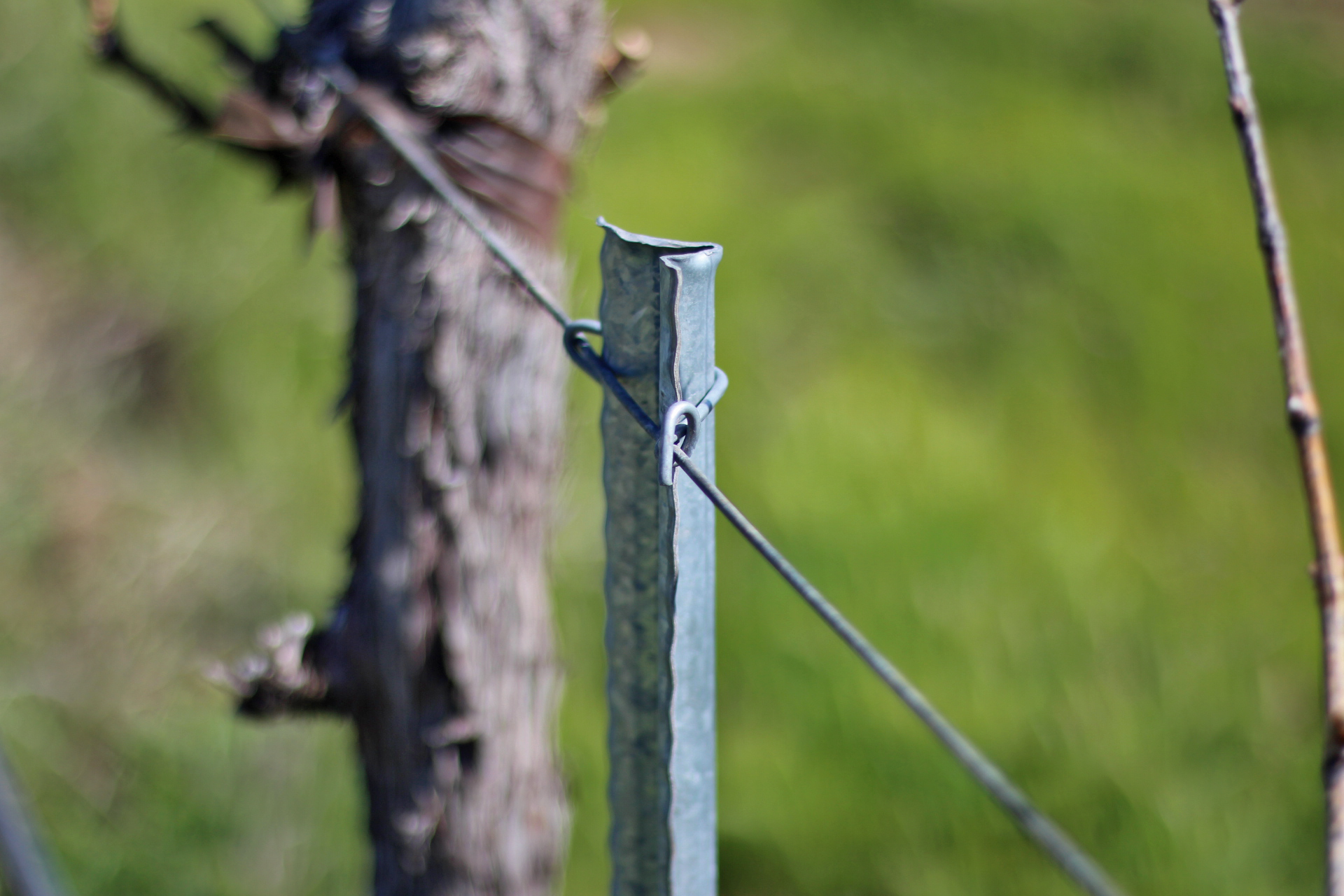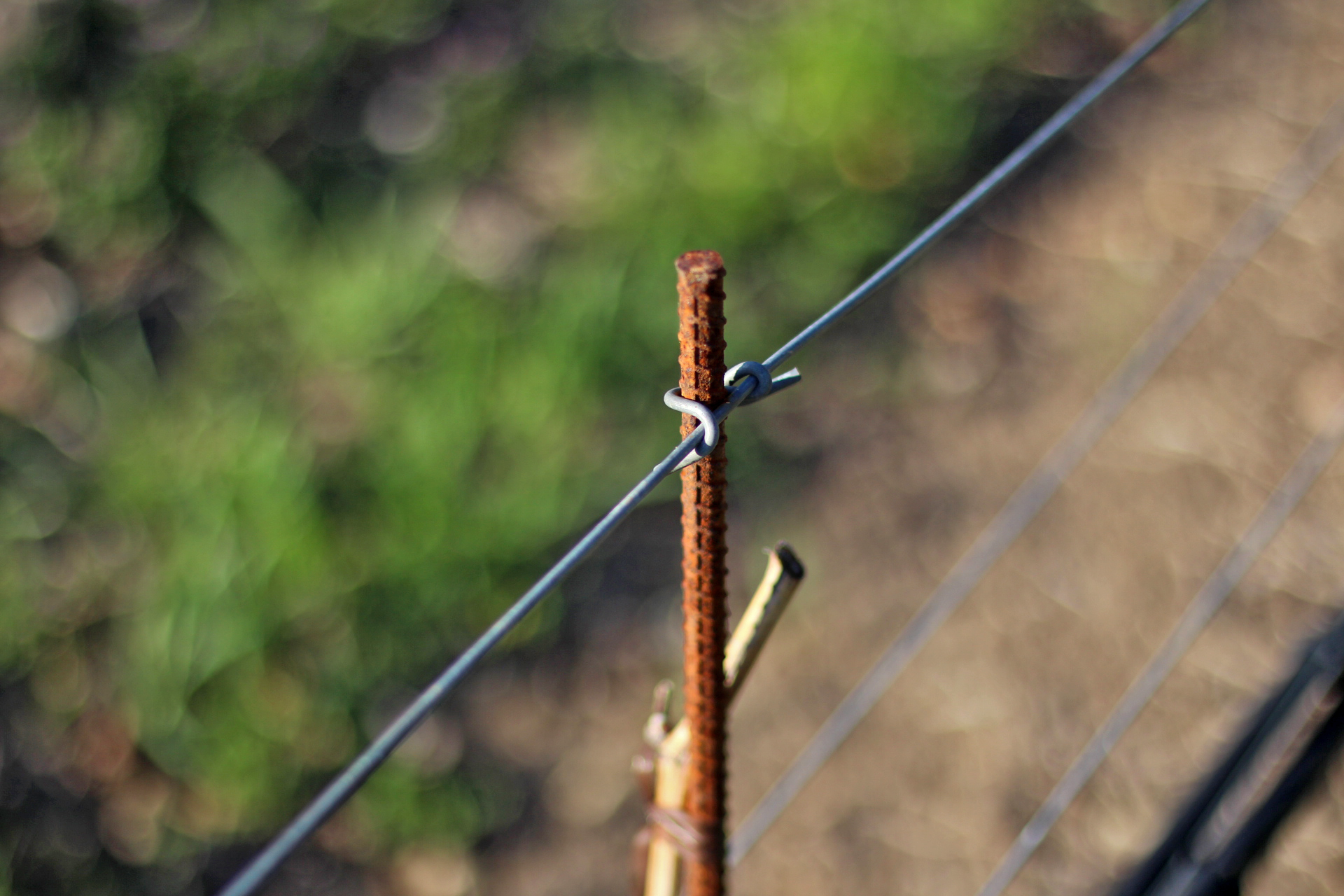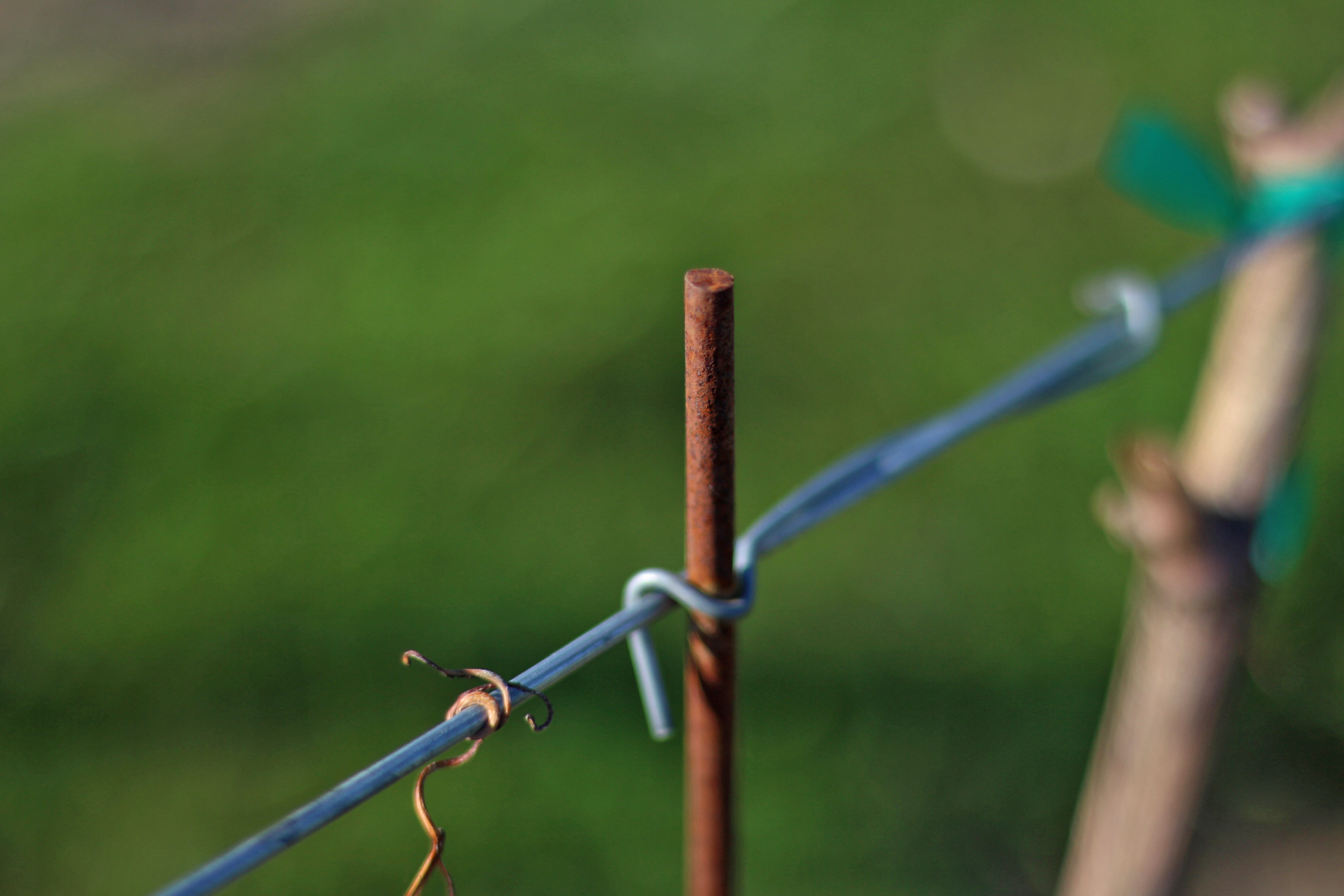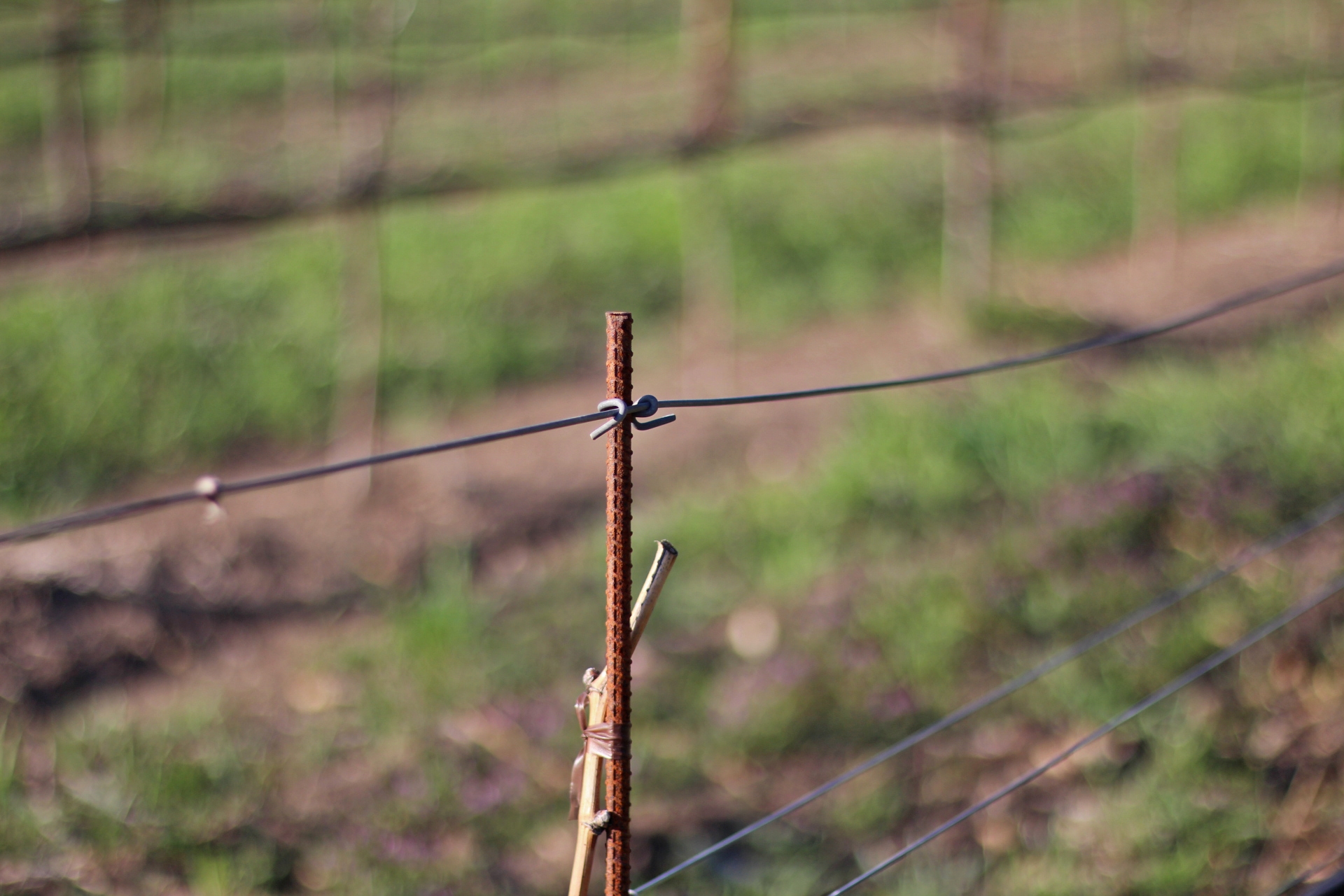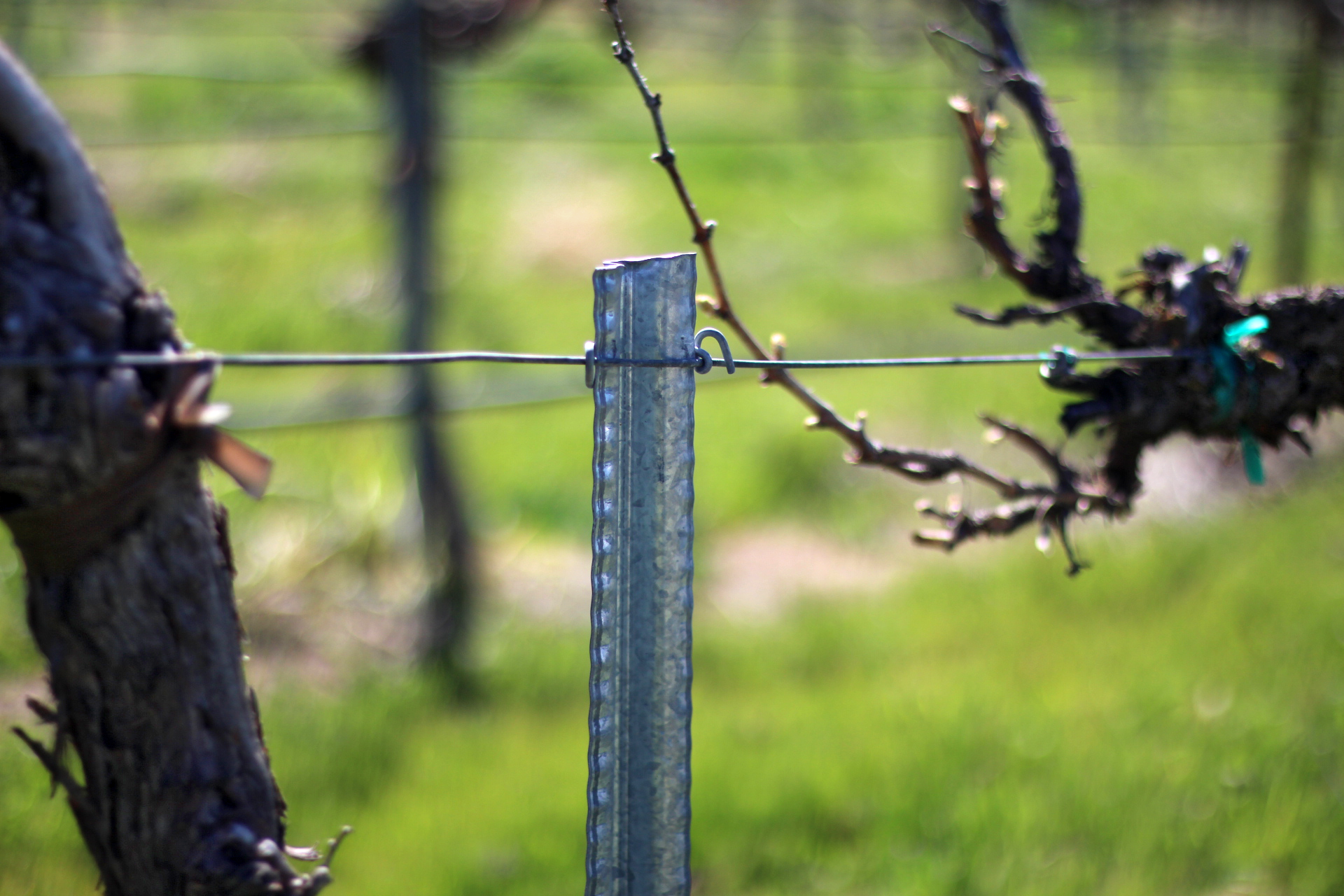How Covid-19 Is Affecting Growers and Agricultural Businesses
The COVID-19 pandemic was alarming and unprecedented, and it has affected various industries, including the agricultural industry. Raw goods such as steel, wood, chemicals, and fertilizers have caused large price increases for finished goods. The shutdown of steel mills caused vast shortages of raw resources. “Temporary shortages have turned into a long-term nightmare,” said Dan Drake, Vice President at Jim’s Supply. Steel costs have been estimated to have risen by at least 300% since the beginning of the global pandemic. It’s one of the reasons why many businesses have to increase prices.
Similarly, wood costs also climbed by about 200% in less than two years. Suppliers are struggling to keep up with high demand, while farmers are left with high costs. Other metal products, such as oilfield pipes and t-posts, are nearly impossible to buy. However, these are not the only products that are disrupting the agriculture sector. Wire and bamboo stakes are also highly affected.
Growers are having to use alternative materials to support and train their crops, and with the lack of bamboo, they are opting for steel training stakes such as rebar and pencil rods. Additionally, custom training stakes are also an option. Jim’s Supply’s manufacturing plant allows for the production of stakes, including training stakes, locally at their facility in California. This makes it a great option for farmers in need of materials. The 2.71 Training Stakes and Premiere Training Stakes are also great choices for training crops such as vineyards, pistachio trees, and almond trees. These stakes can be custom-made in different sizes and gauges.
Alongside the supply shortages, companies are also facing an immense scarcity of labor, which causes long lead times and delays. However, material shortages are not the only cause of extended lead times; the high demand for shipments coupled with the lack of labor contributes to high transportation costs. COVID-19 illness and workplace conditions are causing interruptions in the market, making operations run a lot slower. Businesses are also turning to increased wages to reduce employee turnover, which is increasing overall overhead costs.
Overall, the shortages of goods and the lack of labor are causing long lead times and delays. By placing their orders well in advance, growers can improve the situation. In addition, ordering alternatives may cut back on lead times while also allowing one to lock in current pricing.
Jim’s Supply has several trellising solutions. Our manufacturing capabilities allow for long-lasting substitutes and trellising solutions.
Contact your local sales representative today for more information on products, costs, and lead times.
